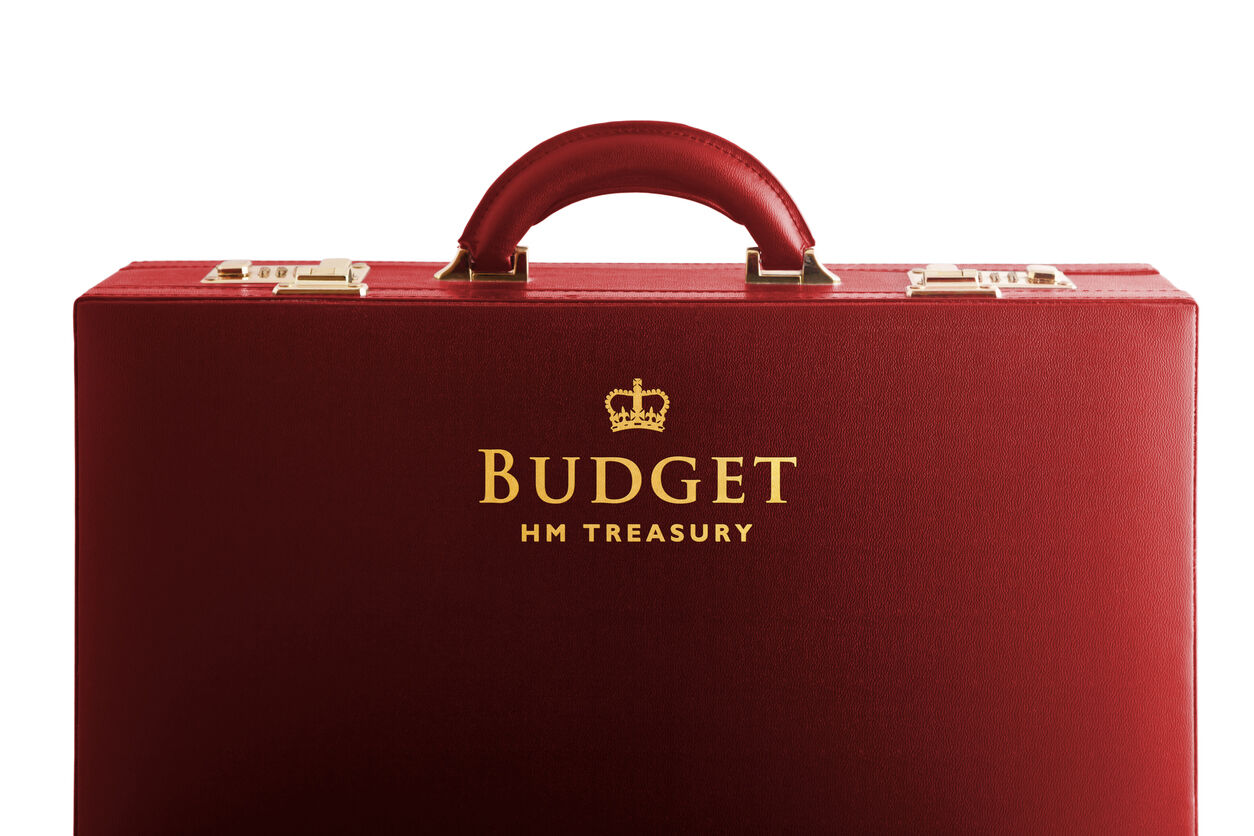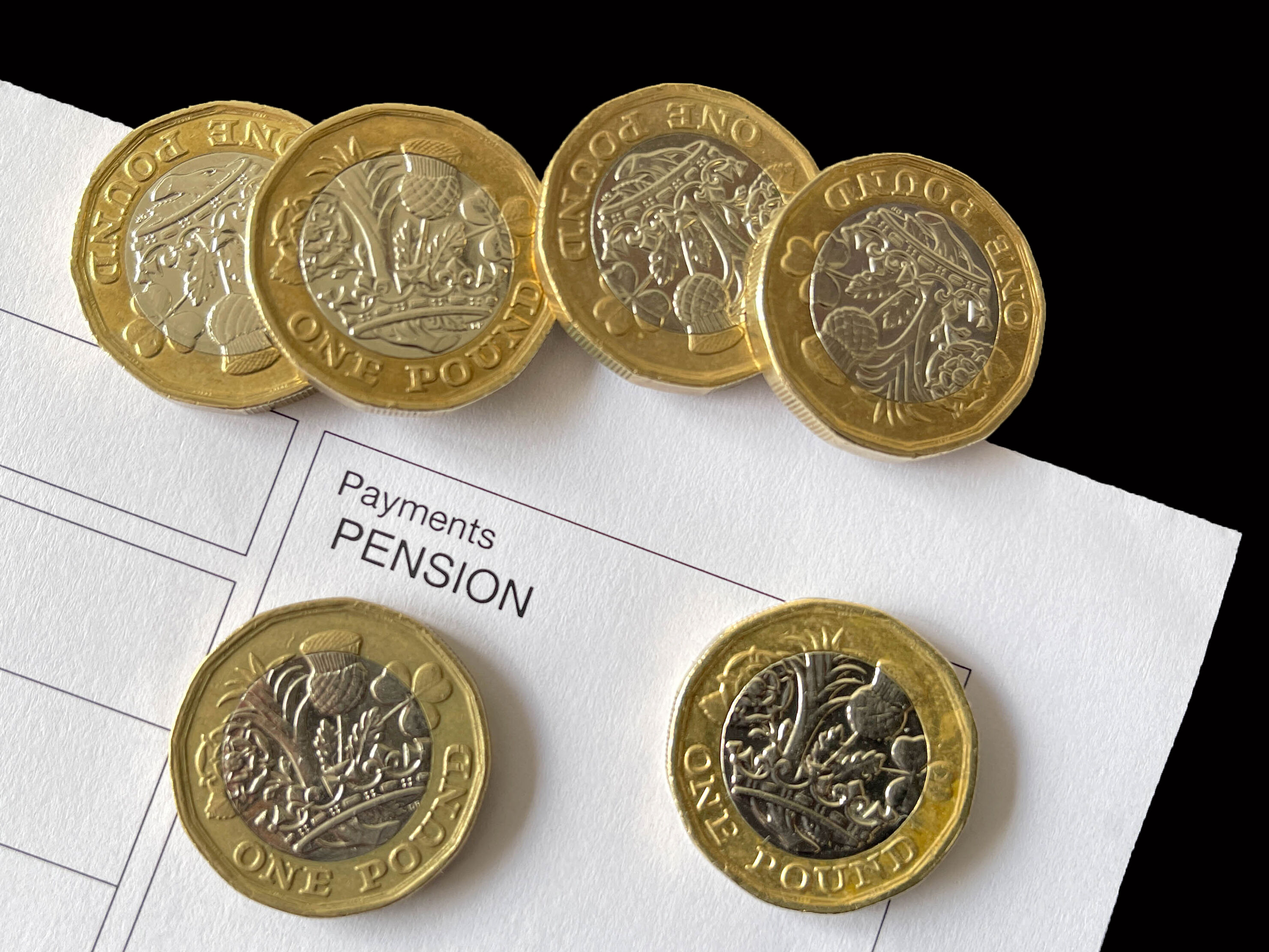
26 November 2025 Budget & the headline changes
26 November 2025It is good to have the rumours of what may be announced in this year’s late Budget brought to an end (somewhat earlier than expected, in fact, as the Office for Budget Responsibility (OBR) published details in error in advance of the Budget). This year has been especially notable for widespread speculation as to what may or may not change with the aim of raising additional tax revenues for the government. With the outcomes now detailed by the Chancellor, Rachel Reeves MP, (and we are sure there is additional ‘devil in the details’ to emerge), we have listed below some of the headlines that may be relevant to your financial planning. It was estimated that the Chancellor needed to find an additional £30bn in tax revenues. So, what has Rachel Reeves changed?
Please note that no individual advice is provided in the text of this blog, and you should take individual advice for your own circumstances
We have detailed the headlines below as we understand them at the time of writing (26/11/2025)
- Continuation for a further three years of the income tax threshold freezes (to April 2031 rather than April 2028), meaning that more people will fall into tax, or higher rates of tax. The standard current limits are £12,570 pa gross for nil rate taxpayers, £50,270 pa gross for basic rate taxpayers, and £125,140 pa gross for additional rate taxpayers. Remember that the income tax personal allowance is reduced by £1 for every £2 over £100,000 pa gross, an effective tax rate of 60%
- National Insurance contribution levels will also be frozen to April 2031
- The minimum wage will increase across all working ages from next tax year
- Cash ISA limit to be reduced from £20,000 to £12,000 from the tax year 2027/2028 for those aged below 65. The overall limit of £20,000 to ISA investment has been maintained; however, £8,000 of the allowance will be directed to stocks and shares investment only. Those over age 65 will retain the full £20,000 cash ISA allowance
- National Insurance exemption on salary sacrifice pension arrangements to be limited to total contributions of £2,000 pa gross from April 2029. Salary sacrifice pension contributions above this limit from that point will no longer be exempt from National Insurance contributions
- The basic and higher rate of tax on property income, savings income and dividend income will be increased by 2 percentage points:
- For dividend income: a 2-percentage point increase to the basic and higher rates of tax on dividends, from April 2026, raising them to 10.75% and 35.75% respectively
- For savings income: a 2-percentage point increase to the basic, higher and additional rates of savings income tax, from April 2027, increasing them to 22%, 42% and 47% respectively
- For property income: a 2-percentage point increase to the basic, higher and additional rates of property income tax, from April 2027, increasing them to 22%, 42% and 47% respectively
- A ‘mansion tax’ (high value council tax surcharge) on properties in England worth over £2M from 2028 – an annual £2,500 charge, rising to £7,500 for properties worth more than £5M. It is intended that this is collected alongside council tax, and the government will consult on options for support or deferral
- Capital gains tax (CGT) relief on business sales to employee ownership trusts to be reduced from 100% to 50% with immediate effect (26 November 2025)
- The removal of the two-child benefit cap within Universal Credit from April 2026
- Household energy bills to be lowered through cuts to green levies on energy bills
- New mileage tax on electric vehicles (EVs) and plug-in hybrid vehicles from April 2028 – the electric vehicle excise duty
- Fuel duty is to be frozen at its current rate until September 2026
- The £1M allowance for the 100% rate of agricultural property relief and business property relief will be transferable between spouses / civil partners
- Reiteration of the commitment to a single fiscal event a year (the annual autumn Budget). There will continue to be a second forecast in the spring to provide an interim update on the economy and public finances
Other points
- The State Pension triple lock uplift for next April 2026 (4.8%) will see the full new State Pension income increase to £241.30 per week / £12,547 per annum (paid gross but taxable)
- The next Bank of England base rate decision is due on 18 December. The current bank rate is 4.0% and the speculation is that we may see a small cut (0.25 bps), although there are no guarantees
This is not an exhaustive list, and it is important that you take your own individual advice regarding your own arrangements as we look forward to the end of this current tax year and the start of the 2026/2027 tax year, from 06 April 2026.
The team at Chapters Financial can help you with your pension, investment and financial planning and we look forward to helping you into the future.
No individual advice is provided during the course of this blog.
Keith Churchouse FPFS
Director
CFP Chartered FCSI
Chartered Financial Planner
Chapters Financial Limited is authorised and regulated by the Financial Conduct Authority, number 402899

